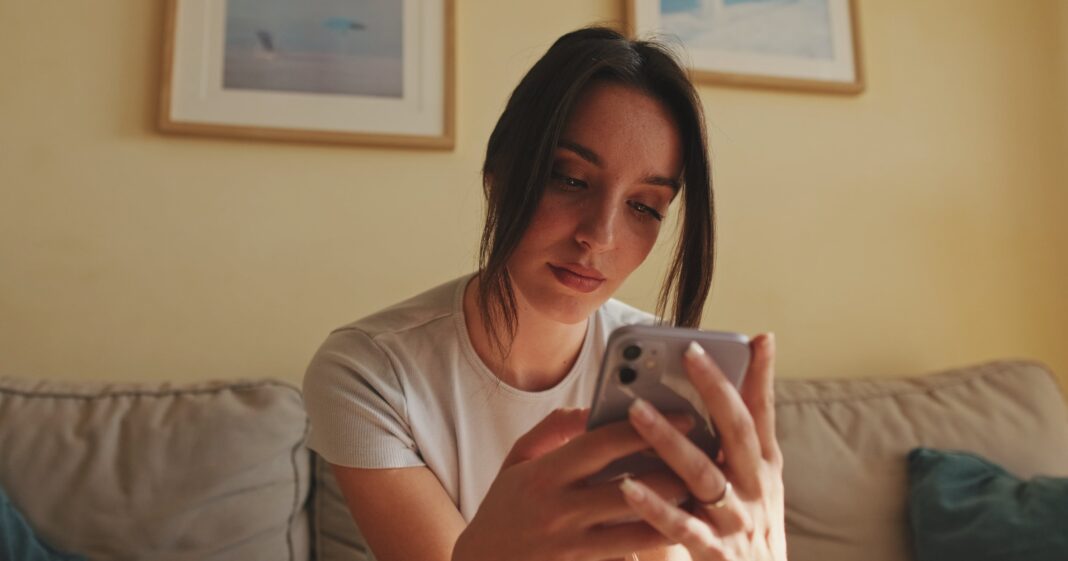Image Source: Andrii Nekrasov/Getty Images
At first glance, it looks like any other Vogue ad: perfect lighting, a poreless model in a cute maxi dress, and a carefully coordinated handbag. But look a little closer, and you’ll catch the fine print — she’s not human.
In the magazine’s August 2025 issue, a two-page Guess campaign features a fully AI-generated model, created by Paris-based AI agency Seraphinne Vallora. This marks the first time an artificial model has appeared in the pages of fashion’s most iconic publication, and people have a lot of thoughts — myself included.
Longtime subscribers posted screenshots canceling their subscriptions. One user on X wrote, “As if magazines dont already cause enough harm with unrealistic beauty standards by photoshopping models, theyre now literally using AI to reinforce these unrealistic expectations.” Another wrote, “AI has no place in the creative world. This is so disrespectful,” while another added this perspective: “So many models wanting to appear in Vogue, only for them to end up using AI.”
As someone who spends a lot of time thinking about the beauty industry, I wasn’t shocked by the reaction. A computer-generated face in a campaign like this clearly reshapes beauty standards.
The beauty industry has spent years attempting to undo the damage of over-airbrushed beauty ideals. That’s why AI-generated models feel like such a step in the opposite direction. These models aren’t enhanced versions of real people — they aren’t people at all. They’re completely synthetic, built to look appealing but not necessarily alive.
Of course, even real people on Instagram are often filtered and digitally sculpted beyond recognition. Tools like Photoshop, Facetune, and FaceApp have already blurred the line between makeup artistry and digital illusion. But the rise of AI models just deteriorates that line even further, making it harder to tell what’s real and setting beauty expectations no human can live up to.
On its website, Seraphinne Vallora promises high-end visuals “with no need for studios, travel, or location permits and fees” and a production process “without the stress of traditional campaigns.” But what’s being removed isn’t just overhead, it’s people: makeup artists, hairstylists, photographers, set and clothing stylists. In streamlining the process, it risks cutting out the very creatives who bring these visions to life.
And yet, no matter how advanced the tech becomes, I don’t believe AI will ever replicate what makes beauty feel meaningful. Beauty has never been about perfection. It’s about the tiny shifts in your reflection from one day to the next: the way your skin creases when you smile, the freckles that come out in summer, the eyeliner that smudges just enough to look lived-in. Those idiosyncrasies are what give beauty its power.
One AI-generated ad isn’t going to erase that, but it’s a good reminder to pause and remember what makes beauty worth celebrating in the first place. The industry is all about our uniqueness and the little details that no algorithm can predict or re-create.
The future of beauty isn’t pixel-perfect. It’s personal. And we should fight to keep it that way.
Olivia Tauber is a freelance writer based in New York, pursuing her master’s in journalism at NYU. She’s the assistant beauty editor at Popsugar and a contributor to Interview, Bustle, Self, and HuffPost. Her career began in corporate publicity at Showtime, followed by production for “The Pivot,” an Emmy-nominated series.
